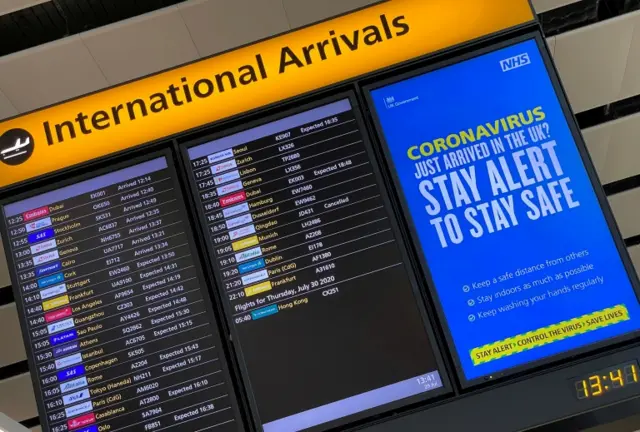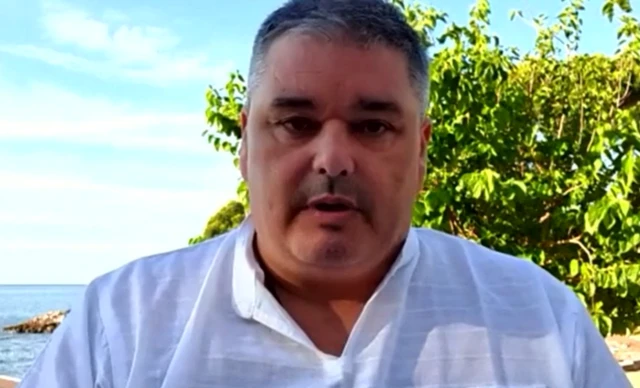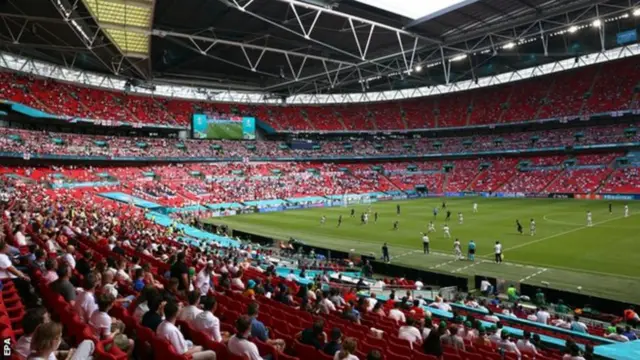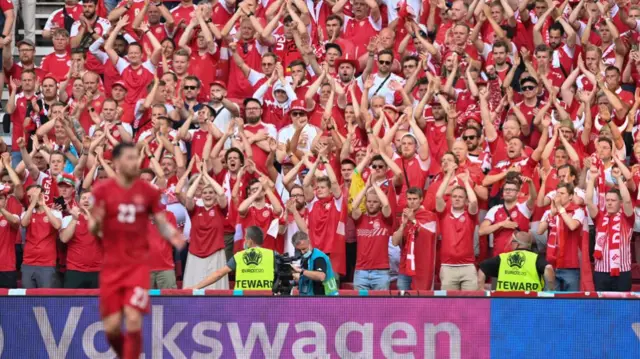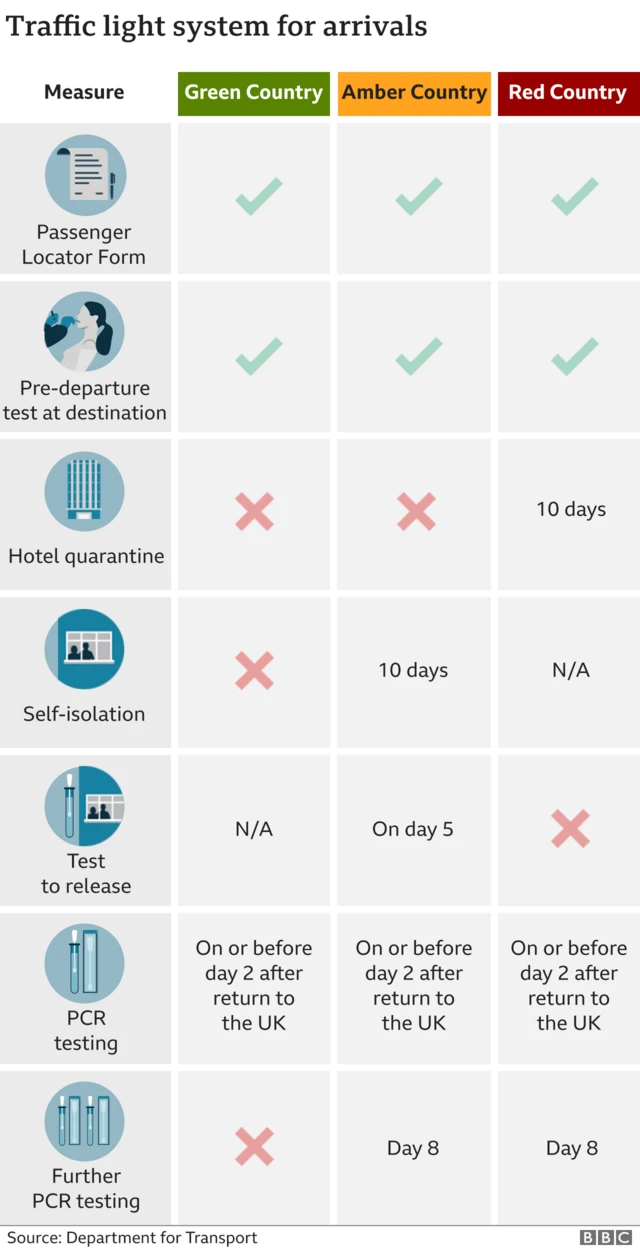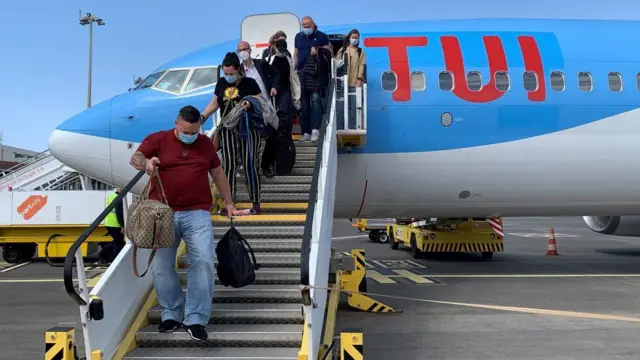Covid and conflict in the Amazonpublished at 10:00 BST 24 June 2021
Hugo Bachega
BBC News
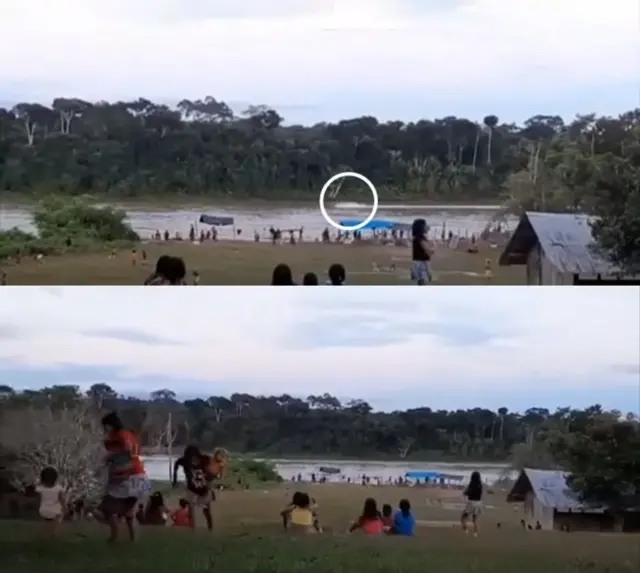
A video shows what appears to be a motorboat passing by an indigenous village in the Amazon, when a shootout starts
The intrusions by illegal miners in indigenous reserves in the Brazilian Amazon intensified last year, as the pandemic hit the region and authorities limited field work to avoid the spread of Covid-19.
That meant devastation in the world's largest rainforest, a huge carbon store that helps slow down global warming, caused by mining soared.
In the Yanomami territory alone - Brazil's largest indigenous reserve, which has an area similar to Portugal - an area equivalent to 500 football fields was destroyed in 2020, according to one estimate.
Miners have also polluted rivers with mercury, used to separate gold from mud, and are blamed for bringing alcohol, drugs and Covid-19 into remote communities. Across the Amazon, more than 1,100 indigenous people have died with the virus.
Tensions have soared in recent weeks in one particular village, where residents say they are under attack by heavily armed miners. "Our territory is being disrespected," Dario Kopenawa, an indigenous leader, says. "And our calls for help are not being heard."


